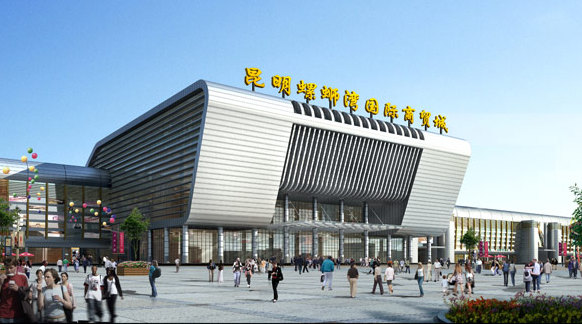The relentless rise of the 'Belt and Road' strategy and the engagement of nations around the world in China’s new club, the Asian Infrastructure Investment Bank, betoken a new phase in China’s development. Simultaneously, a domestic hullabaloo is highlighting lingering deep troubles with the last phase.
As the National People’s Congress wound up on 15 March 2015, the detention and investigation of Qiu He 仇和 Yunnan deputy Party secretary and NPC member, was announced by the Central Discipline Inspection Commission. Taken down on the now routine charges of ‘serious discipline and law violations’, Qiu joins a long line of officials deemed corrupt.
Much about Qiu He is in fact far from routine, not least the massive barrage of commentary on his career. This is appearing in official and unofficial media of right, left and centre. Inferior in status to the similarly fallen Bo Xilai 薄熙来, a ‘Red Inheritor’ or princeling, Qiu is if anything more archetypal. As People’s Daily, Global Times and other official media wasted no time in pointing out: Qiu sums up an entire growth model (cp.leads 150323).
Indeed Qiu sums up the China model in its heyday, the fat years of the Hu-Wen administration. Cutting him down, Xi and his attack dogs seek to cut themselves loose from a series of stains on the Party’s purity that culminated in the rampant brutality of Zhou Yongkang 周永康, Bo Xilai and their ilk.
Qiu embodied a set of interlinked political and developmental models
- ‘strongman’ urban and provincial development: ‘strongman’ Party secretaries appointed to break the hold of local vested interests
- local government corporatisation: local governments became vested interests by replacing socialist with competitive market targets
- land finance: local government financed through converting rural land to urban usage
- Party/entrepreneur collusion: private interests put ahead of public interests, often through opaque preferential treatment
- mafia collusion: corporatised local governments under strongman bosses became unscrupulous in land grabs pursuing personal gain and promotions
- the project system: the Centre’s solution to allocating funding makes use of earmarked project funds for which localities compete in bidding rounds (cp.focus 141218)
- the tournament system
what is the tournament system?
Like the faces of a hexagon, the syndromes Qiu embodies are linked—particularly the tournament system and the project system. Finds analyst Qu Jingdong 渠敬东:
the ‘Project Guidelines’ readily provide criteria for competition. Competition among local governments for projects becomes more and more like a ‘tournament’.
A colleague of Qu’s, Zhou Feizhou 周飞舟 agrees. Overdriven inter-regional competition is endemic to the Party-state. Starting in earnest in Mao’s Great Leap Forward, the tournament system was reinvented to support Deng’s ‘reform and opening’. They can be sponsored by, but occur independently of personalities—even strong ones like Mao or Deng—or Xi Jinping today, and periodically go hyper. Explains Zhou:
such a highly centralised system will periodically engender an internal need for tournaments; ... the unique phenomenon of a ‘tournament’ comes to exist in the administrative system itself. In tournaments, the Centre, while economically devolving to local governments on a large scale, ... encourages and empowers them to expand competition over important economic indices. As the Centre completely controls the political, economic and ideological spheres, such contests are launched, with all levels of government and even ordinary citizens mobilised into similar peer contests...
tournaments today
Zhou concludes ominously that a high degree of centralised control will lead ‘both to the generation of competition, and inevitably to its failure’. The classical tournament system he analysed of the Great Leap Forward generated growth in the short term, but drifted seriously off course over time. Zhou’s 2009 analysis conveys clear warnings about the then raging stimulus package.
Allocating funds under a ‘project system’ reflected post-Deng market and taxation regimes, but reinvented tournaments in the process. In the recent decade of reform, simple production indices of steel or grain output were unsuitable, as firms responding spontaneously to market forces must set and re-set their targets constantly. Production targets gave way to GDP. Measuring and rewarding official performance based on aggregate economic activity appeared seductively simple in the short term, but toxic over the long. Construction and demolition, which featured in Qiu’s Kunming, are both counted in the aggregate.
Economists at Renmin University of China Nie Huihua 聂惠华 and Tao Ran 陶然 also deplore overdriven provincial competition. Tao directly links tournament behaviour with the career paths of regional bureaucrats. Qiu was known for setting his officials' annual C¥5 million targets are raised from business activities. Nie connects all this with the concept of ‘turbo-stability’—that China is only stable at high-rates of growth. Environmental pollution, overcapacity and debt are long-term negative side effects.
Qiu He’s Kunming
Among Qiu’s conspicuous monuments is the massive Luosiwan Shopping Mall on the east bank of Dianchi Lake. It is modelled on the famous Yiwu wholesale complex in Zhejiang founded by property developer Liu Weigao 刘卫高. Like many similar projects, the Luosiwan complex is said to be losing money. It is in part due to the rise of online shopping at the height of the shopping mall investment boom, but also because such projects owe little to market incentives. Projects are not the response to opportunity, rather they are undertaken to create opportunity, not least to drive up real estate prices. The incentive for Qiu, who, it is rumoured, received kick-backs from Liu, was to rack up GDP merit points to advance his career.
Despite the negative externalities generated by Luosiwan and other urban projects, there was buy-in from the public at first. Zhu Xiaoyang 朱晓阳, a sociologist documenting urbanisation of the Dianchi Lake region in recent decades, traces this to an ethos of going along with what the state claims to support. His documentary of resistance to Qiu He, Eastern Shore of Dianchi Lake, makes clear however, that popular unrest was an inevitable outcome.
Whether this style of development can be successfully ameliorated remains to be seen; the economic costs alone are painfully evident. Whatever the fate of regional tigers like Qiu He, the tournament system they embody is likely to survive. Current governance reforms address symptoms not causes. Until a market system is genuinely made primary, as pledged in the 3P Resolution, the internal incentive system will be an essential component of top-down economic development. Even if the GDP target is disowned, new criteria and new tournaments will emerge.
profiles
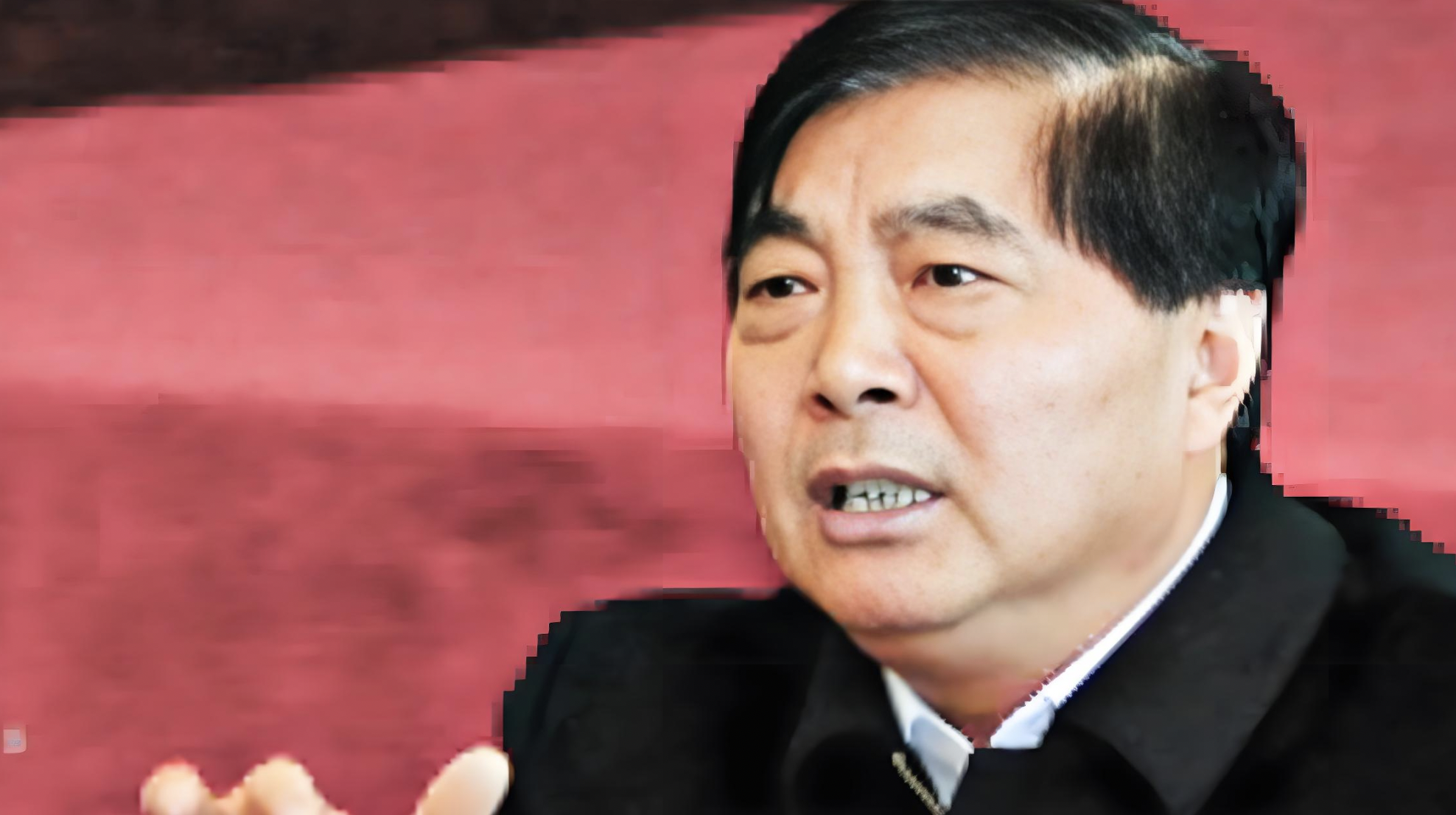
Qiu He 仇和 | Yunnan deputy Party secretary and NPC member
Nongmin are inevitably moving into the cities, where they become citizens, states Han. By 2024, permanent urban residents were 67 percent of the total. The No. 1 Doc calls for improving the service platform for national unified public hukou management, rewarding cities that gradually add rural migrant populations in their housing security policies.
Further increase is envisaged for the ratio of children of migrants in public schools in the cities to which they have moved. Complete removal of restrictions on work-based social insurance tied to hukou is on the cards.
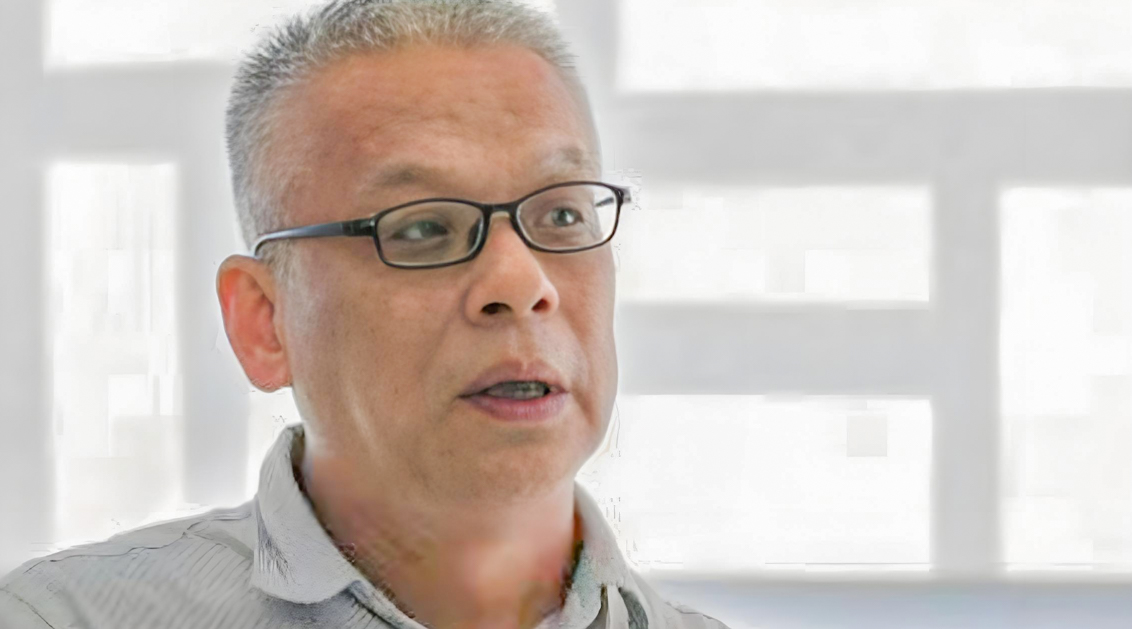
Qu Jingdong 渠敬东 | Peking University Institute of Sociology and Anthropology
The project system: a new form of state governance 4 November 2012
Nongmin are inevitably moving into the cities, where they become citizens, states Han. By 2024, permanent urban residents were 67 percent of the total. The No. 1 Doc calls for improving the service platform for national unified public hukou management, rewarding cities that gradually add rural migrant populations in their housing security policies.
Further increase is envisaged for the ratio of children of migrants in public schools in the cities to which they have moved. Complete removal of restrictions on work-based social insurance tied to hukou is on the cards.
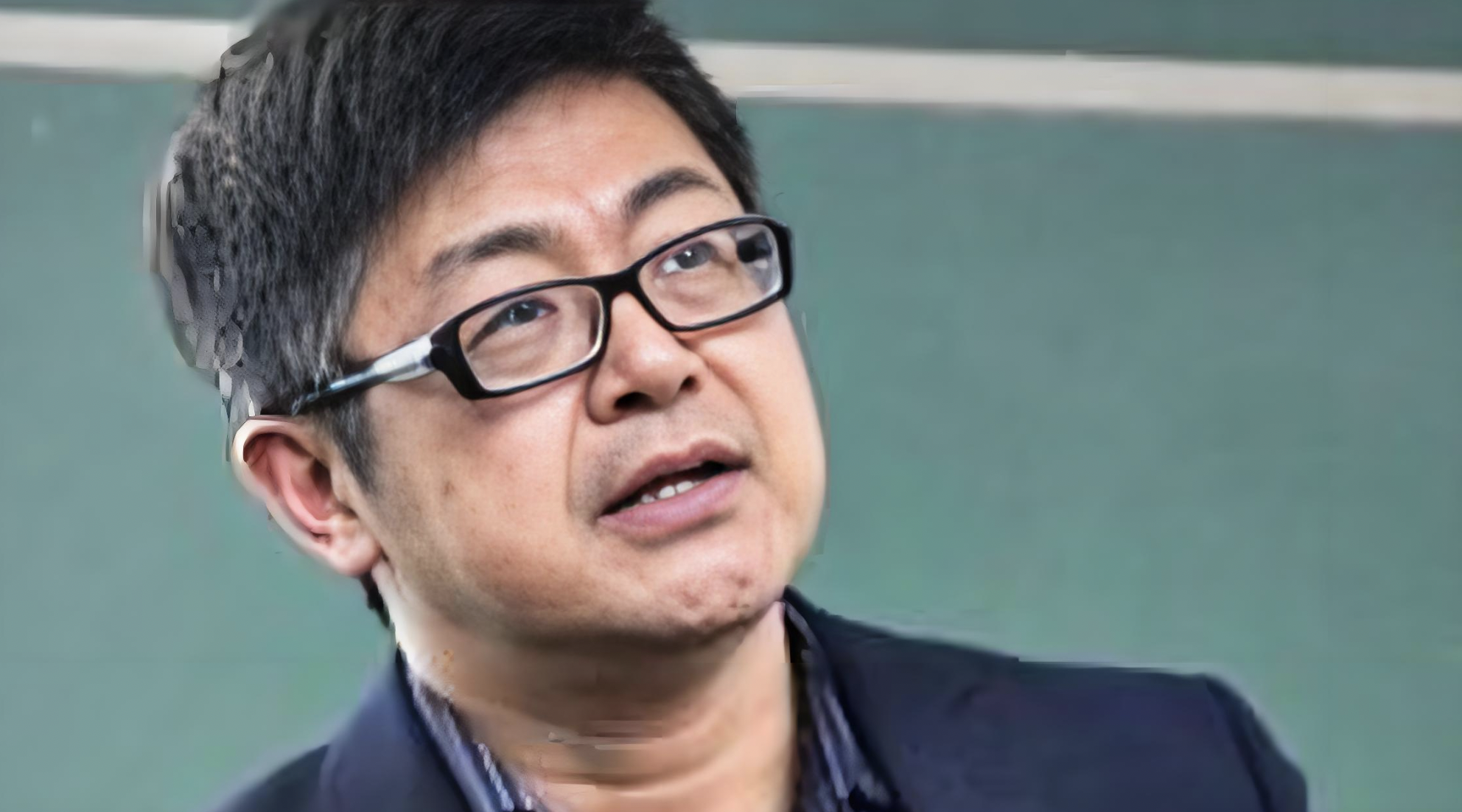
Zhou Feizhou 周飞舟 | Peking University Institute of Sociology and Anthropology
The tournament system 21 January 2009
Over two decades Zhou has pioneered analysis of hallmark centre-local interactions in the reform era. Dismissing power devolution as the key factor in rapid growth, he finds clues in local state corporatisation, framed as a (fiscal and organisational) tournament system. Contextualising the economic theory so much in the limelight, Zhou went on to build up work on the project system done by sociologists at Peking University. Examining the land and fiscal system at the grassroots, the result is a sociology of the governing stratum. Holding a doctorate in sociology from Hong Kong University of Science and Technology, Zhou has worked on social surveys with the National Commission for Economic Reform, the University of Toronto and HKUST, usually focusing on rural cultivators.
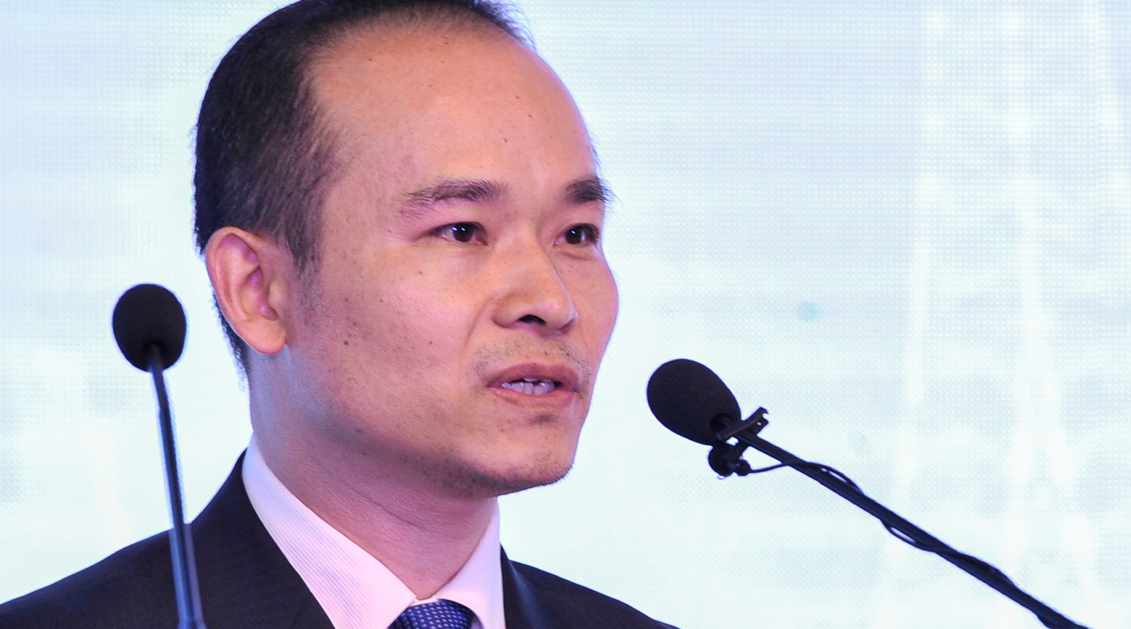
Nie Huihua 聂辉华 | Renmin University of China School of Economics
The impact of political cycle: evidence from coalmine accidents in China November 2013
Renmin University economic professor, Nie Huihua, was a Harvard University Economics Department postdoc, specialising in political-business relations, firm theory, and institutional economics. His policy reports on anti-corruption, Public-Private Partnerships, zombie enterprises, and official incentives have received key endorsements from national leaders and provide references for policymaking in the PRC.
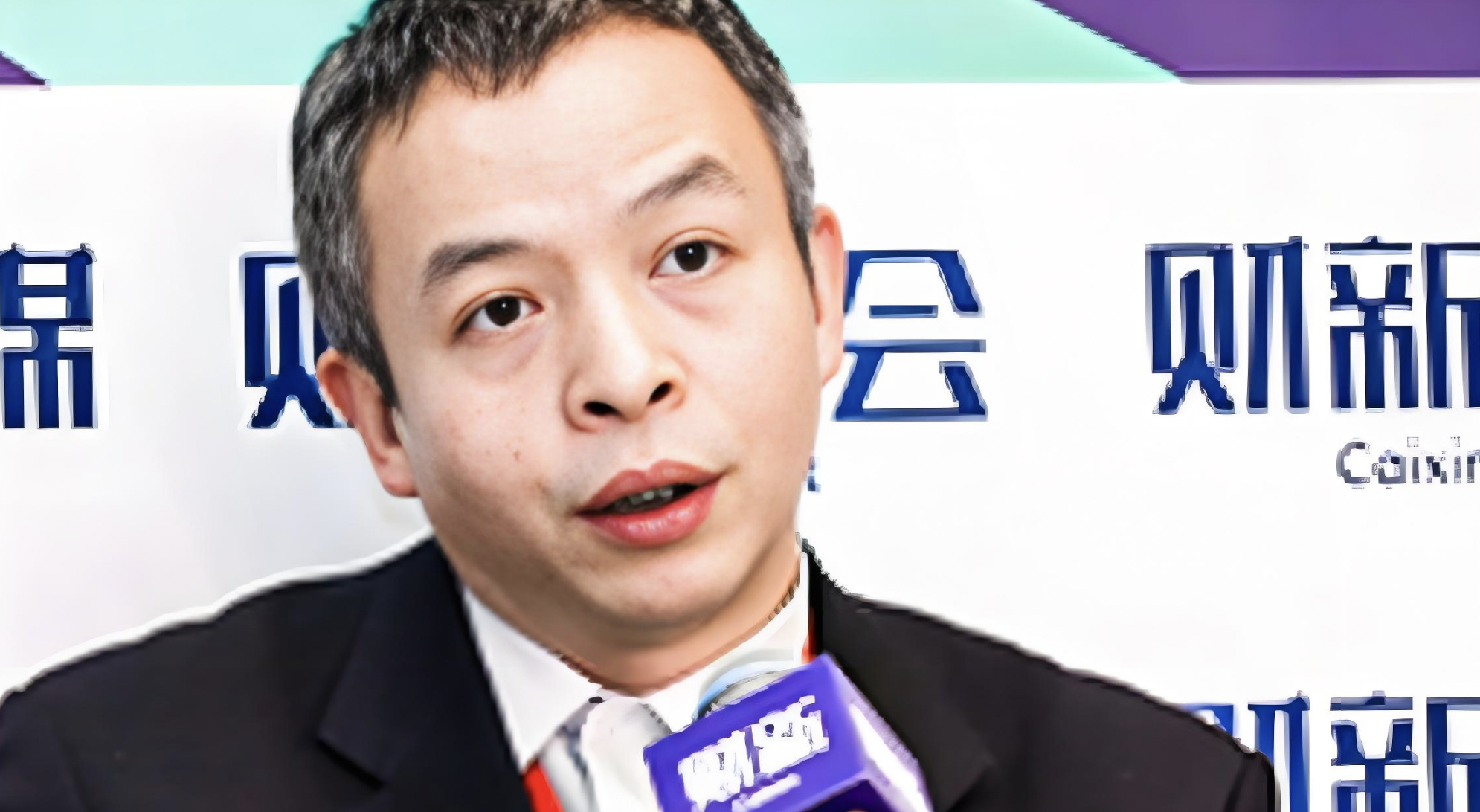
Tao Ran 陶然 | Renmin University of China School of Economics
China’s current development model—mechanisms, challenges and suggestions 24 July 2014
Former Professor od Economics China Renmin University; former acting director, Brookings-Tsinghua Centre for Public Policy (BTC); Senior Fellow, Brookings Institution Works on ongoing PRC economic transition. Specialist in PRC economy, has published on the political economy of China’s economic transition, land and household registration reform in PRC urbanisation, local governance and public finance in rural PRC. His work has appeared in the Journal of Comparative Economics, the Journal of Development Studies, Land Economics, Urban Studies, Political Studies, China Quarterly and Land Use Policy.
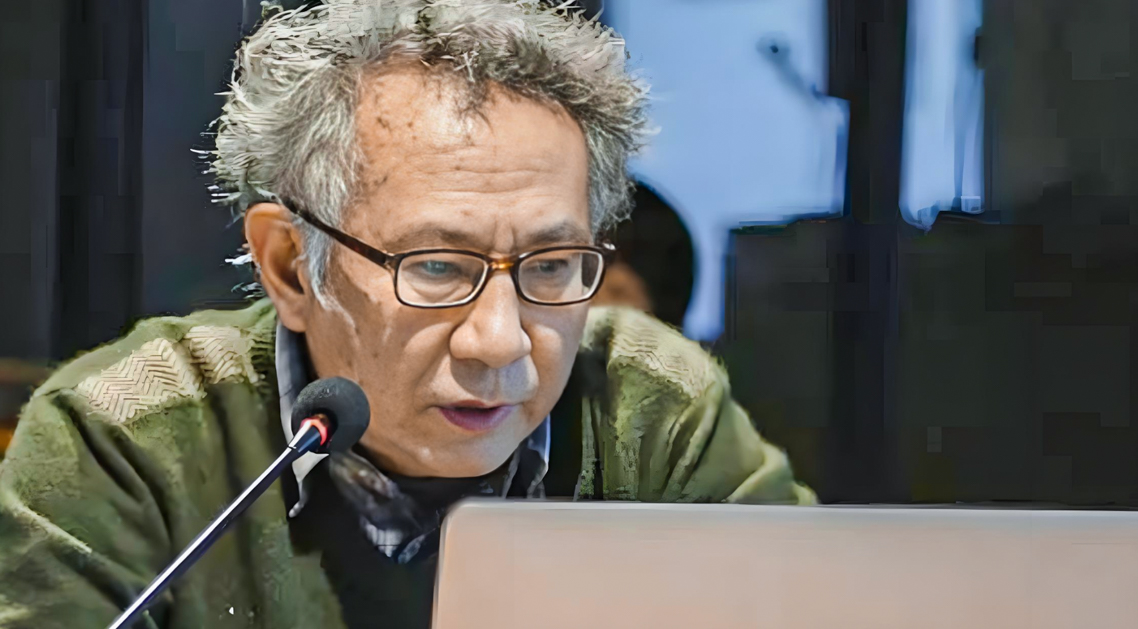
Zhu Xiaoyang 朱晓阳 | Peking University Institute of Sociology and Anthropology
Black land, sick land and lost land: Dianchi Xiaocun’s topography and the problem of a resistance approach summer 2014
Nongmin are inevitably moving into the cities, where they become citizens, states Han. By 2024, permanent urban residents were 67 percent of the total. The No. 1 Doc calls for improving the service platform for national unified public hukou management, rewarding cities that gradually add rural migrant populations in their housing security policies.
Further increase is envisaged for the ratio of children of migrants in public schools in the cities to which they have moved. Complete removal of restrictions on work-based social insurance tied to hukou is on the cards.
